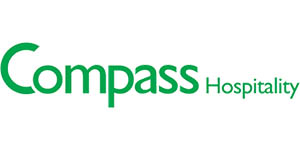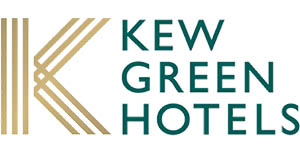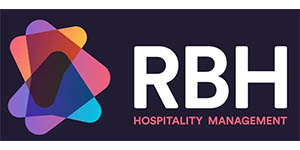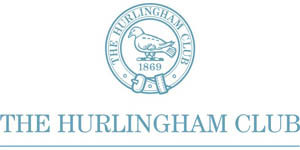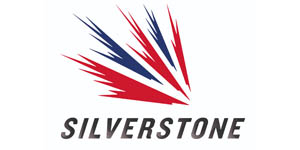Earth Week 2023 Series
Recording wastage is an essential practice for restaurants for several reasons:
- Identifying areas of waste: Recording wastage allows restaurants to identify areas of waste in their operations, such as over-ordering, over-preparation, or spoilage. By identifying these areas, restaurants can take steps to reduce waste and save money.
- Cost control: Recording wastage can help restaurants control their costs. By knowing how much food is being wasted and where it is coming from, restaurants can adjust their purchasing, storage, and preparation practices to minimise waste and improve profitability.
- Improving sustainability: By reducing waste, restaurants can improve their sustainability practises and reduce their impact on the environment. This can help restaurants meet the growing demand from consumers for businesses that prioritise sustainability and social responsibility.
- Compliance: In some jurisdictions, restaurants are required by law to record and report food waste. By keeping accurate records of wastage, restaurants can comply with these regulations and avoid fines or other penalties. Waste and Resources Action Programme (WRAP) has provided a useful guide for UK businesses.
- Staff training: Recording wastage can also help with staff training and awareness. By involving staff in the process of measuring and reducing waste, restaurants can help to create a culture of sustainability and reduce waste across the entire organisation.
Recording wastage is an essential practice for restaurants that want to reduce waste, control costs, improve sustainability, comply with regulations, and train their staff. By keeping accurate records of wastage, restaurants can take effective steps to minimise waste, save money, and improve their operations.
How Capcon helps hospitality businesses record, analyse and reduce wastage
Capcon can assist restaurants record and analyse their wastage and provide feedback with actionable points to help reduce wastage and improve profitability.
By conducting a thorough analysis of a restaurant’s wastage records, Capcon can identify the areas where the most waste is being generated and provide recommendations on how to reduce wastage.
- Capcon’s approach to wastage management involves conducting a detailed audit of the restaurant’s operations, including the storage, preparation, and service of food. The audit will identify the specific areas of the restaurant’s operations that are generating the most waste, and provide specific recommendations on how to reduce waste in those areas.
- In addition to the audit, Capcon can provide ongoing support and training to help restaurants implement the recommended changes and improve their waste management practices. This can include staff training on portion control, storage and handling practices, stock control, and menu planning to minimise waste.
By working with Capcon to analyse their waste records and implement recommended changes, restaurants can reduce their food waste, save money, and improve their overall sustainability practices. This can also have a positive impact on the restaurant’s reputation and customer satisfaction, as more consumers are looking for businesses that prioritise sustainability and social responsibility. Get in touch to find out more.
Also in the Series:
Food waste management in UK hospitality industry
The primary causes of food wastage in the hospitality industry











